Video summary
Kate Adie explores the rising demand for medical services as a result of the machine gun and artillery wounds from the war and the creation of the Voluntary Aid Detachment (VADs).
Kate visits the private residence of Lady Stamford who transformed Dunham Massey into an auxiliary hospital.
Another societal change was the opening of Endell Street Hospital run by Flora Murray and Louisa Garrett Anderson, who kept an all-female staff.
The hospital’s success reflects the breakthrough in social attitudes to female medical professionals treating men in particular.
Both Flora Murray and Louisa Garrett Anderson were rewarded for their efforts with CBEs.
Teacher Notes
Pupils could design and create a medal and testimonial for a female nurse or doctor.
The testimonial should highlight and recognise the women for their range and depth of work helping wounded troops from the front.
This clip will be relevant for teaching History at KS3, KS4/GCSE, in England and Wales and Northern Ireland.
Also at Third Level, Fourth Level, National 4 and National 5 in Scotland.
This topic appears in OCR, Edexcel, AQA, WJEC, CCEA GCSE and SQA.
How the suffragette movement changed at the start of WW1. video
Kate Adie examines how the suffragette movement shifted focus at the outbreak of World War One.
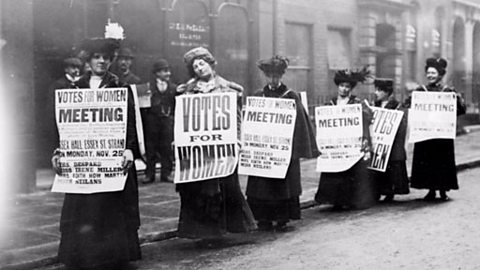
How the first women gained the right to vote in 1918. video
Kate Adie discovers how the Representation Act gave some women the right to vote at the end of Word War One.
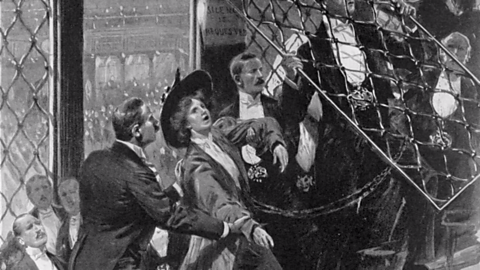
How women joined the war effort in World War One. video
Kate Adie explores how women of all classes joined the workforce overseas and on the 91»»±¨ Front.
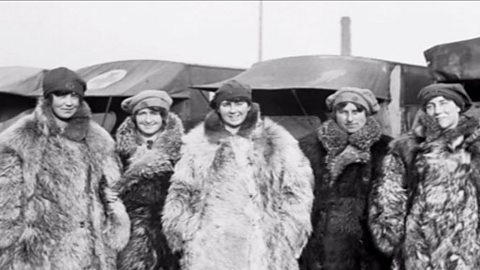
How women's football thrived in World War One. video
Kate Adie explains how women's football teams, such as The Blyth Spartans and star player Bella Raey, thrived in WW1.
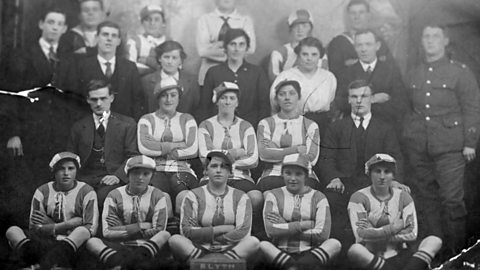
The rise of the girls' night and the first women's police force in WW1. video
Kate Adie explains the story of Margaret Damer Dawson, the Women's Police Service and the rise of the girls' night out in WW1.
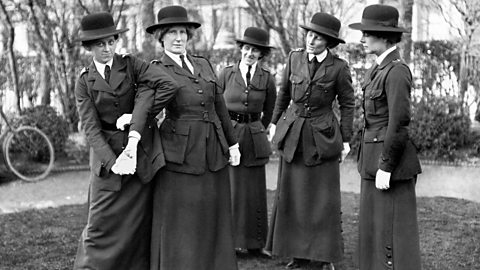
Ã˝